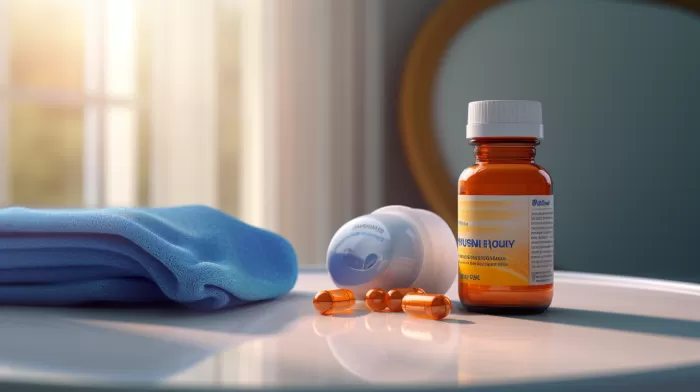Underweight babies are at a higher risk of developing Attention Deficit Hyperactivity Disorder (ADHD) later in life, but there’s some good news to lower this risk: administering iron supplements to these infants can reap long-term health benefits and significantly improve their behavior as they grow older. While iron might not have a direct impact on a child’s IQ, it plays a crucial role in preventing the onset of ADHD and helping them lead healthier lives.
What is ADHD?
ADHD is a neurodevelopmental disorder that often begins in childhood and can last into adulthood. Known for affecting both personal and professional lives, people with ADHD typically exhibit impulsive behaviors, difficulty in concentrating, and hyperactivity.
According to the American Psychiatric Association, around 5% of children in the United States have ADHD, with diagnoses becoming increasingly common.
Iron and ADHD
Iron is an essential micronutrient that plays a vital role in many of our body’s functions, including the proper functioning of our brains. Iron is required for the synthesis of dopamine, a neurotransmitter that helps regulate various cognitive and emotional processes. These processes are essential for focusing and maintaining attention, which are often low in individuals with ADHD.
Numerous studies have established a link between low iron levels and the risk of ADHD. According to the National Institutes of Health, lower iron levels were found in children diagnosed with ADHD as compared to those without the disorder. Additionally, research carried out by the University of Nevada, Reno, revealed that iron deficiency could lead to impairments in cognitive functions and put children at risk of developing ADHD.
The Benefits of Iron Supplementation
Given the existing evidence on the association between low iron levels and ADHD, healthcare professionals recommend early iron supplementation in underweight babies to help improve their long-term health and prevent ADHD.
An influential Swedish study (source) found that babies with a marginally low birth weight, who were otherwise healthy, significantly benefited from early iron supplementation. While the supplementation did not affect their IQ directly, it helped improve their behavior as they grew older, indicating reduced ADHD symptoms in these children.
Determining the Right Iron Dose For Your Child
It is essential to consult your healthcare professional before giving iron supplements to your child, as the recommended dosage depends on various factors including their age, weight, and overall health.
The National Institutes of Health provides a general guideline for daily iron requirements:
- Infants (7-12 months): 11 mg/day
- Children (1-3 years): 7 mg/day
- Children (4-8 years): 10 mg/day
- Children (9-13 years): 8 mg/day
- Teenagers (14-18 years): 11 mg/day (boys), 15 mg/day (girls)
Nonetheless, the exact iron supplementation requirements for your child should always be determined by a medical professional. This is to avoid the risk of acute iron toxicity, which is a leading cause of poison-related deaths in children under the age of 5.
Monitoring Iron Intake
In addition to iron supplements, ensuring that your child consumes iron-rich foods is an important aspect of maintaining their overall health.
Some excellent sources of iron include:
- Red meat and poultry
- Seafood
- Beans and lentils
- Fortified cereals and bread
- Dark leafy green vegetables, such as spinach and kale
Whether through a diet high in iron-rich foods or supplements, it’s crucial to consistently monitor your child’s iron intake to avoid deficiencies and maintain their physical and mental well-being. But always remember to consult your healthcare professional to determine the appropriate course of action and find the perfect balance for your child.
Final Thoughts
Iron supplementation has the potential to significantly improve a child’s long-term health and reduce the risk of ADHD in underweight infants. By fostering a proactive approach to iron management, parents can better support their children’s cognitive and emotional development and help them lead healthier, more productive lives.



